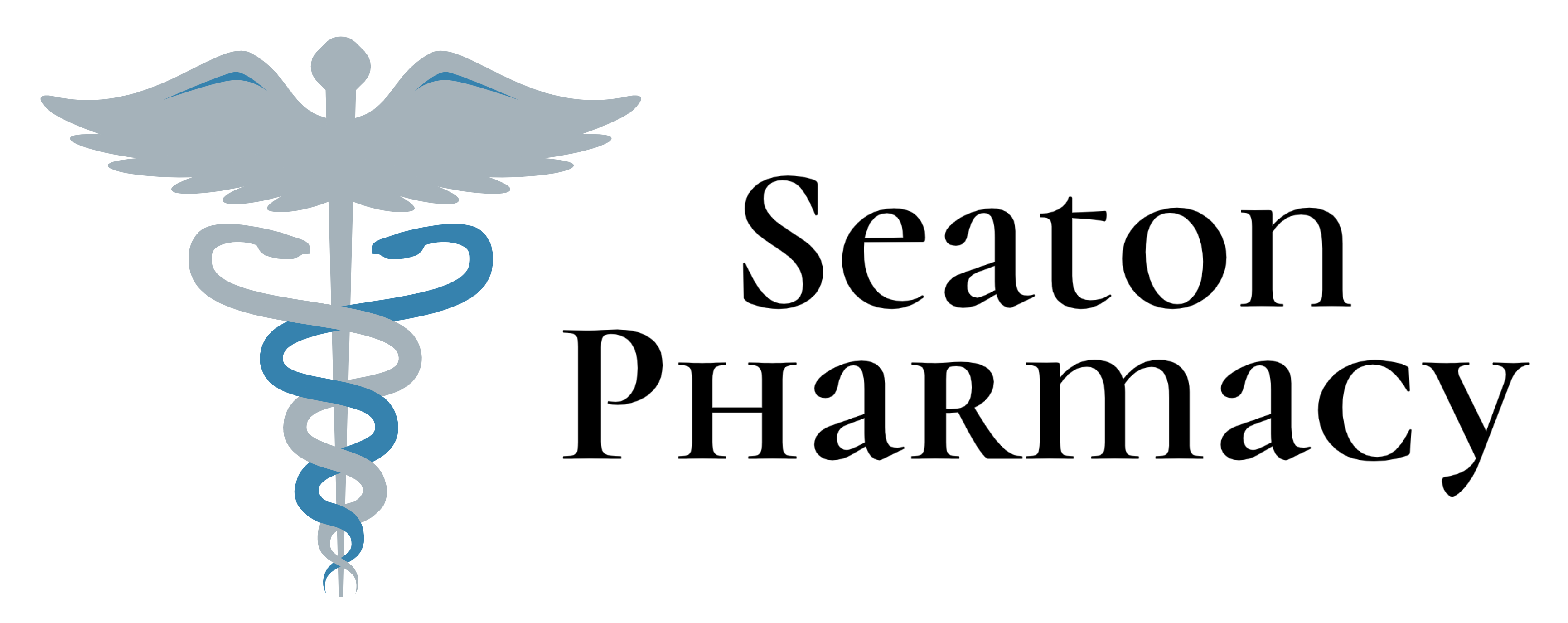Travelling to new and exciting destinations can be an incredible experience, but it also comes with the responsibility of ensuring your health and safety while abroad. One particular challenge that some travellers face, especially when visiting high-altitude destinations, is altitude sickness. At Seaton Pharmacy, our travel clinic team is dedicated to helping you prepare for a safe and enjoyable journey. This guide provides essential steps to manage altitude sickness and maintain your health while travelling, including the importance of altitude sickness tablets.
Step 1: Understand the Risks of High Altitude
Before embarking on your trip, it’s crucial to understand the risks associated with high-altitude travel. Altitude sickness, also known as acute mountain sickness (AMS), occurs when you travel to elevations above 2,500 metres (8,200 feet) and your body struggles to adapt to lower oxygen levels. Symptoms can range from mild, such as headaches and nausea, to severe, including shortness of breath, confusion, and loss of coordination. Understanding these risks helps you take preventive measures and seek appropriate treatments.
Step 2: Plan Ahead and Prepare
Preparation is key to managing altitude sickness effectively. Research your destination to determine the altitude and the likelihood of experiencing altitude sickness. Consider the following preparatory steps:
Acclimatise Gradually: If possible, plan your itinerary to include gradual ascents rather than rapid climbs. Allow your body time to adjust to higher altitudes by spending a few days at intermediate elevations before reaching the highest point of your trip.
Stay Hydrated: Drink plenty of water to stay hydrated, as dehydration can worsen altitude sickness. Avoid excessive alcohol and caffeine, as these can dehydrate you.
Avoid Heavy Meals: Eat light, easily digestible meals to reduce the risk of nausea and digestive issues. Heavy or fatty foods can exacerbate symptoms.

Step 3: Obtain Altitude Sickness Tablets
Altitude sickness tablets can play a significant role in managing and preventing symptoms. At Seaton Pharmacy, we offer a range of medications designed to help with altitude sickness. These include:
Acetazolamide (Diamox): This medication helps your body acclimatise to high altitudes by improving oxygen absorption. It is often recommended for travellers planning to stay at high elevations for an extended period or those who may be particularly susceptible to altitude sickness.
Dexamethasone: This steroid can help reduce inflammation and alleviate symptoms in more severe cases of altitude sickness. It is usually prescribed for short-term use in cases of severe symptoms.
Over-the-Counter Remedies: Some over-the-counter remedies and supplements can help alleviate mild symptoms of altitude sickness. However, it’s best to consult with our pharmacists to determine the most effective option for your specific needs.
Step 4: Follow Medication Guidelines
When using altitude sickness tablets, follow these guidelines to ensure their effectiveness:
Start Early: Begin taking altitude sickness tablets a few days before reaching high altitudes to allow them to take effect. For acetazolamide, starting a couple of days before ascent can help your body acclimatise more effectively.
Adhere to Dosage Instructions: Follow the dosage instructions provided by your pharmacist or the medication packaging. Taking the correct dose at the recommended intervals is crucial for managing symptoms and preventing complications.
Monitor Your Health: Pay attention to how your body responds to the medication. If you experience any adverse effects or if symptoms persist despite taking the tablets, seek medical advice promptly.
Step 5: Know When to Seek Medical Help
Even with proper preparation and medication, altitude sickness can sometimes escalate. Be aware of the signs that indicate you need medical assistance:
Severe Symptoms: If you experience severe symptoms such as difficulty breathing, severe confusion, or loss of consciousness, seek immediate medical attention.
Persistent Symptoms: If symptoms persist despite medication and acclimatisation efforts, it’s important to seek professional medical advice.

Step 6: Take Additional Precautions
Along with altitude sickness tablets, consider these additional precautions to enhance your travel health:
Rest and Recover: Ensure you get plenty of rest, especially after ascending to higher altitudes. Allow your body time to adapt and recover.
Monitor Health Regularly: Keep track of how you feel and be mindful of any changes in your symptoms. Adjust your activities and medication as needed.
Inform Travel Companions: Make sure your travel companions are aware of the signs of altitude sickness and the steps to take if symptoms arise. This way, you can support each other in managing health issues.
Reaching New Heights
Maintaining your health while travelling, especially to high-altitude destinations, requires careful preparation and management. At Seaton Pharmacy, we are here to support you with the right altitude sickness tablets and expert advice to ensure a safe and enjoyable trip. By understanding the risks, preparing adequately, and using the appropriate medications, you can mitigate the effects of altitude sickness and fully embrace your travel adventures. Get in touch today to learn more about altitude sickness tablets and how we can assist you in your travel preparations. Safe travels and enjoy your journey!

This blog was written on behalf of Seaton Pharmacy by Pharmacy Mentor.

